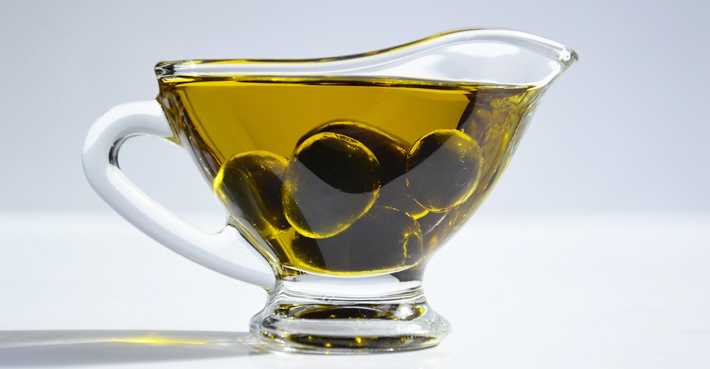Need To Throw Away Oil? Here Are the Dos and Don’ts To Remember

Even though oil is liquid when we use it, it’s not treated like any other liquid. It can affect the sewer and septic systems. Sadly, many are simply unaware of the disadvantages of improper oil waste disposal.
Many aren’t aware of its advantages as well. For example, did you know that 2 gallons of used oil can power an entire household for 24 hours once it’s recycled? So starting now, let’s dispose of oil the right way. Here’s how you can do it.
How Can You Properly Dispose of Your Oil?
Depending on the resources and facilities available to you, there are many ways that you can throw away oil while still following existing guidelines. One of which is through used oil collection containers. Here are the other major ones that you should know about:
1. Store It in a Sealed Container
Instead of pouring it down the sink or in the bin, get a spill-free container. Once the oil has cooled, it can be transferred right away.
The next step would be deciding where you’d take the jar. In Northern London, there are reuse and recycling centres that will process it to become biofuel. But if there’s no RRC that’s accessible to you, just make sure it’s sealed before you throw it out of the general waste bin.
2. Compost It
For your safety as well as that of your family, please only do this with cooking oil. If there’s an area where you’re able to do so, consider composting it as well.
The resulting compost may be donated to a local nursery. You can also use it to grow your favourite plants in your own garden. There are many resources where you can learn how to do it safely.
3. Sell It
If you’re in a pinch and need some cash, you can also sell your oil. But as with our first advice, please store it in sealed and airtight containers beforehand.
As attractive this option may be, it’s unfortunately not a good option for many people because, at the household level, they don’t produce nearly enough used oil. There may be a minimum and maximum that you’d be able to sell at a time.
Before choosing this as an option, explore the possibilities first. For example, is the set minimum too high for your household? Talk to your neighbours so you can meet the minimum more easily.
What You Should Not Do with Your Oil
Now that we talked about how you can properly dispose of oil, let’s now discuss a few methods that you can avoid. No matter what, you should remember:
● NOT to throw it in the food waste bin
As much as possible, minimize the amount of oil that’s mixed with the food waste. This means that fried food on its own is fine, but the oil that it was fried with should be disposed of differently.
The same goes for any other bin. The oil can contaminate recycling materials, thus increasing the processing required before recycling. Worse, it may not be good enough to be recycled anymore.
● NOT to pour it down the sink
You shouldn’t do it because too much of it will cause blockage. At the household level, it means it will take a longer time for the water to go down when you’re washing the dishes. You may even need to have the pipes cleaned to remove the now-solid gunk.
At the city level, you won’t do damage on your own. But imagine if everyone does the same. This means that the city will have to invest more in regular maintenance of the water pipes. This is money that could’ve been spent on other public services.
● NOT to pour it on any open water
Even if there’s zero chance it will clog the pipes, you still don’t know where any water stream or body of water leads. So as a general rule, don’t pollute it with oil.
Pouring any other type of liquid there isn’t appropriate either, right? The same logic applies here.
● NOT to mix it with any other substance
Engine oil poses health risks like dermatitis and skin cancer. It causes damage to the environment as well.
You don’t know how engine oil would react to anything mixed with it. Sure, you can search for it on Google. But just to stay on the safe side, don’t mix it with anything else in an attempt to dilute it.
If you’ve been doing any of these, please stop. These are damaging to the environment and prevent the city’s resources from being used more efficiently.
When in Doubt, Get Help from the Experts!
Although used engine oil and cooking oil are the more commonly used nowadays, they’re not the only ones that exist. So if you’re not sure how to properly dispose of various types of oil, we’re here to help.
Services are available anywhere in London. Call 0800 599 9996 or on WhatsApp at +44 7598 962606 today!










